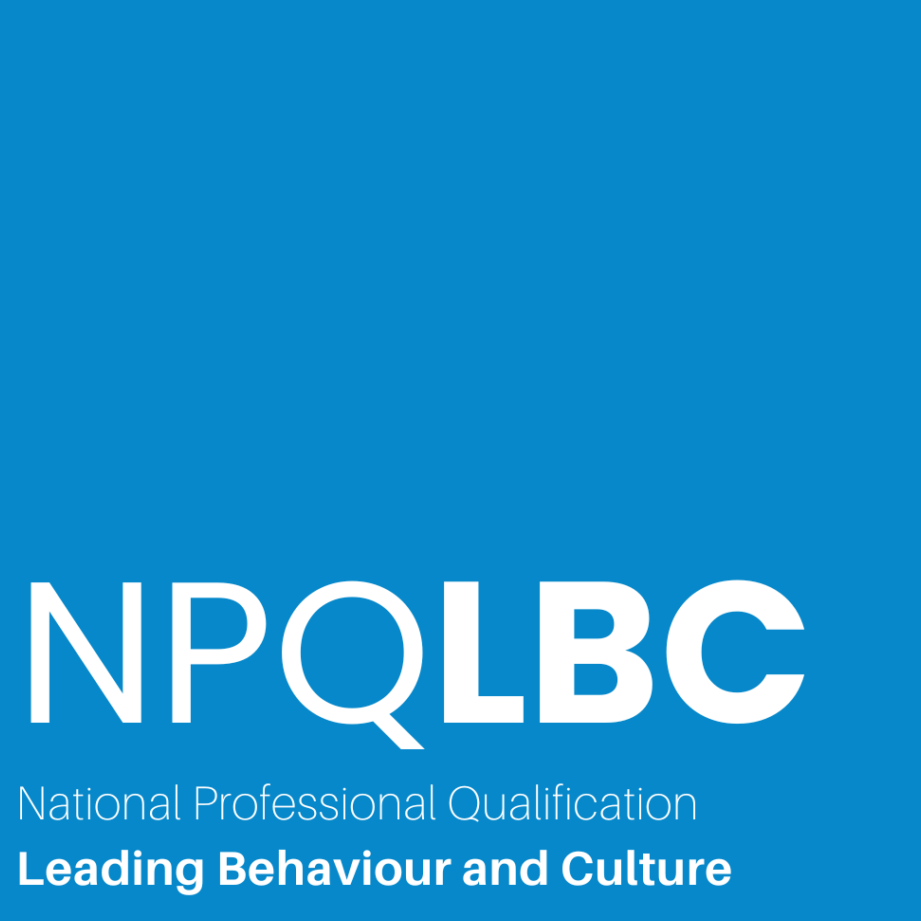As you delve intrepidly into your journey to become a business and finance extraordinaire (industry choice at your discretion), you will no doubt at some point come up against a curious thing: a professional qualification.
Isn’t it enough to be on the job and gaining first-hand experience in your chosen area? What’s a professional qualification all about? And why might you want to take one?
Professional qualifications in a nutshell…
A professional qualification is a qualification designed to train you up to meet particular standards in practice for a particular profession and give you certain expertise in a particular profession. This type of qualification is awarded in most cases by a profession al body – an organisation that represents the interests of a certain set of professionals and sets standards in ethics and methods of practice within an industry. You might have heard of ACCA, ATT or CFA for example; they’re all professional bodies for different types of finance professionals. From tax and accounting to management and advisory specialisms, there’s something for everyone!
The maintenance of high standards, ethics and professional conduct is big news in the banking and finance world, and there are loads of professional bodies representing the sector’s different industries!
Some of the professional qualifications on offer can be the equivalent of a master’s degree; some grant chartered status and membership of the professional body who awarded you the qualification as long as you’ve gain a certain amount and/or level of work experience as well.
You can study a professional qualification on a full-time or part-time basis. You do need to have some work experience in the field in most cases before you take on study for one of these gems, so it’s most common that people study on a part-time basis whilst they work, either attending evening or weekend classes or via distance learning.
Working and studying can be tough, and you will need to be very organised and dedicated to do a good job of it and make sure you pass your exams. And there are a lot of exams…you could have to pass up to 15 different exams and assessments for some qualifications in order to meet requirements and complete the course!
But don’t panic! If you’re already having nightmares of having to cram for an inexorable tide of exams, it will come as no small relief to hear that you don’t always have to do them all at the same time. It can be possible to stagger when you sit the exams for different modules. Breathe, guys, breathe!
Okay! So why would I need one? Is it essential?
The further you progress in your career and start to scope out potential new employers, the more likely it will be that you will be faced with demands for a professional qualification as part of the ‘essential criteria’. You could find it very hard to crack into most senior or executive roles with a company without some form of extra qualification credentials to pull out of the bag. Employers want to be safe in the knowledge that you have the knowledge and skills required for their top jobs, and a professional qualification is one solid way of demonstrating that. It says ‘expert’ and ‘trustworthy’. Reel ‘em in!
Study for a professional qualification has become an integral part of school leaver programmes, Higher Apprenticeships and some graduate schemes, especially in area such as accounting. This goes to show just how important today’s banking and finance employers feel it is that their employees can work to particularly high standards. By supporting their school leavers and graduates with their professional qualification studies, they can guarantee that their future industry leaders are getting structured training in essential knowledge and skills, and will be able to contribute to their teams in the workplace in the best ways possible. For these reasons, companies often pay for their employees to study to achieve relevant qualifications. Nice!
Reasons why you might choose to study a professional qualification:
- Professional qualifications carry prestige and will always look impressive on a CV.
- A professional qualification could give a massive boost to your career progression and earning potential.
- Some roles in banking and finance are only open to candidates who hold a specific professional qualification.
- The courses are extremely comprehensive and could help you to decide where you may want to specialise in the future.
- You could develop your specialist area with the aid of your professional studies.
- If you plan to have your own practice in the future, a professional qualification could really boost your knowledge and help to set up a trustworthy profile for potential new clients.
Bear in mind that professional qualification study isn’t cheap, though. If you aren’t lucky enough to have your employer pay for your study fees, you will have to research into your funding options. There are options available, such as scholarships offered by business schools. You can found out more about this in the funding section.

For years I have studied American finance regulations. All the information in this blog is sourced from official or contrasted sources from reliable sites.
Salesforce Certified SALES & SERVICE Cloud Consultant in February 2020, Salesforce Certified Administrator (ADM-201), and Master degree in “Business Analytics & Big Data Strategy” with more than 13 years of experience in IT consulting.
